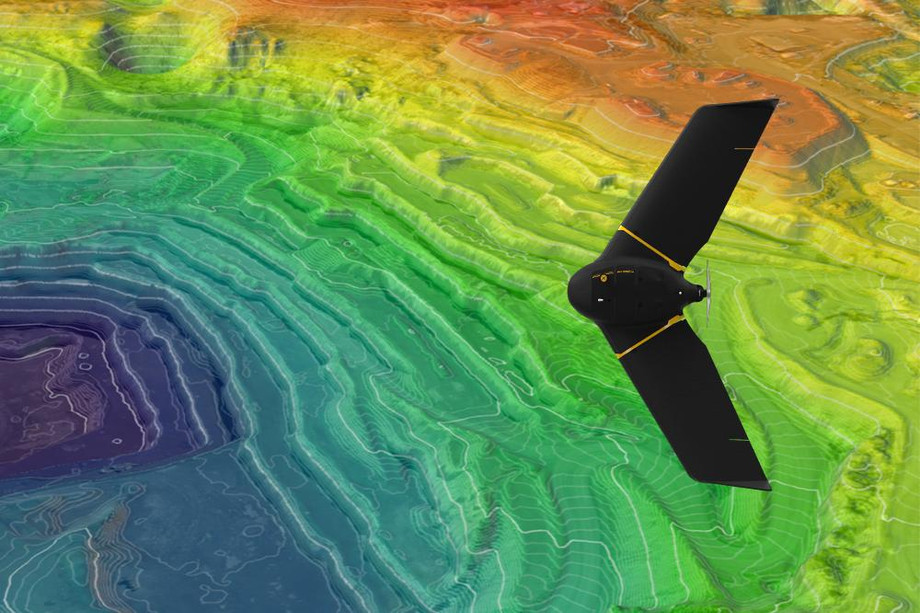Drones that master the art of data collection efficiently are now part of the current inspection standard. The use of unmanned aerial vehicles (UAVs) has prompted various businesses to adopt new methods. However, all of the benefits come with a few drawbacks. Even while Drones strive toward perfection, they aren't perfect. Examine the following 10 key Pros and Cons of Unmanned Aerial Vehicles (UAVs) to learn more about what drones can do.
MAINTAINING A SAFE ENVIRONMENT:
Because of their improved safety, UAVs are used in a variety of situations. Drones use their remote control capabilities to monitor sites, communicate potential hazards, and alert people to potentially dangerous situations. refineries, pipelines, and flare stacks, to name a few. Not only that but drone technology is also used by the military during high-risk situations. Their features enable them to collect real-time data in order to develop and maintain a secure environment.
COST SAVING TECHNOLOGY:
As the range of applications for drones expands, so does their pricing, which is becoming more affordable. Drones are currently being purchased not only for industrial purposes but also to satisfy the desires of tech-savvy gadget enthusiasts. UAVs are no longer limited to the military, law enforcement, or the wealthy. Many costs are saved in commercial applications since UAVs take over multiple workforces, vehicles, and operating operations. For inspections, for example, a Drone is less expensive to purchase, maintain, and fuel than an aeroplane. You also won't need to hire a ladder, aerial lifts, or any other heavy machinery.
QUALITY OF AERIAL IMAGING:
UAVs can capture outstanding aerial photographs, and aerial films, and collect vast amounts of correct data thanks to their high-resolution cameras equipped with top-notch sensors. For a thorough study, the data is turned into detailed 3D Maps and 3D Models. In catastrophe situations, 3D mapping is very useful for revealing fissures, damages, and other potentially dangerous aspects. Drones are well-known for live streaming key events such as entertainment, personal, political, and world issues when combined with high-resolution photos or 4K video capabilities.
PRECISION:
Because UAVs use GPS (Global Positioning System) in their software, they may be programmed and steered to specified places with pinpoint accuracy. In Precision Agriculture, for example, a Drone Aircraft is used to execute a variety of tasks such as pesticide spraying, weed identification, crop health monitoring, crop damage assessment, crop evaluation, field soil analysis, and irrigation monitoring. Farmers can save time and money by utilising the GPS precision feature.
EASY TO CONTROL OR DEPLOY:
Drone-control technology is constantly improving, allowing operators with little technical knowledge to easily deploy and operate drones. Drones are accessible to a wide range of operators due to the wide range of low-cost drones available for a variety of uses. When compared to a crewed aircraft, unmanned aerial vehicles (UAVs) have a wider range of motion, fly lower in all directions, and navigate more easily.
SECURITY:
Another benefit that balances out the benefits and drawbacks of drones is the security that surrounds them. Drone operators can use an Unmanned Aircraft System (UAS) to provide safety and surveillance to private organisations, possible venues, and other expenses with the appropriate approvals and licences. Drones can also collect trustworthy data from natural disasters to assist with safety and recovery efforts.
MINIMIZES OBVIOUS DANGER AND HEALTH RISKS:
Numerous concerns that crew members formerly faced, such as elevation, wind, weather, and radiation, have been replaced with more feasible and safer choices thanks to the assistance of a Drone. Drones make inspections of tall and sophisticated structures like oil and gas refineries, flare stacks, and pipelines simple and secure.
INSTALL IN-DEPTH AND DETAILED DATA:
Obstacle avoidance capabilities are built into several drone models now on the market. They may function in close proximity to structures, which encourages them to collect exact data. They take high-resolution photos or 4K movies that clearly show cracks, dents, shifted cables, and other flaws that aren't visible to the naked eye. UAVs allow for the collection of complete data without putting the company's inspection crew members in danger.
FLEXIBILITY FOR QUICK INSPECTIONS:
Drones are available in a variety of configurations, and some can do high or low altitude inspections. These qualities' adaptability allows clients to easily tailor the tools for their tasks. Drones are appropriate for both routine and emergency situations, and the construction industry, particularly building developers, recognises these benefits. Drones can do a variety of tasks, including taking high-quality photos, films, and thermal scans, among others. In contrast to the time-consuming traditional method, this data is instantaneously delivered and processed.
REACH HAZARDOUS AREAS:
For industry specialists, gathering efficient data from difficult-to-reach regions is a piece of cake with UAVs. It is the best option for overcoming the limits of traditional approaches in terms of worker safety, particularly in hazardous scenarios such as radiation monitoring and high-voltage line inspection. Drones also offer a more cost-effective approach to these examinations.
If you're seeking quality aerial mapping companies in UAE, then look no further than Falcon 3D. They are offering aerial inspections using drones at competitive prices.

